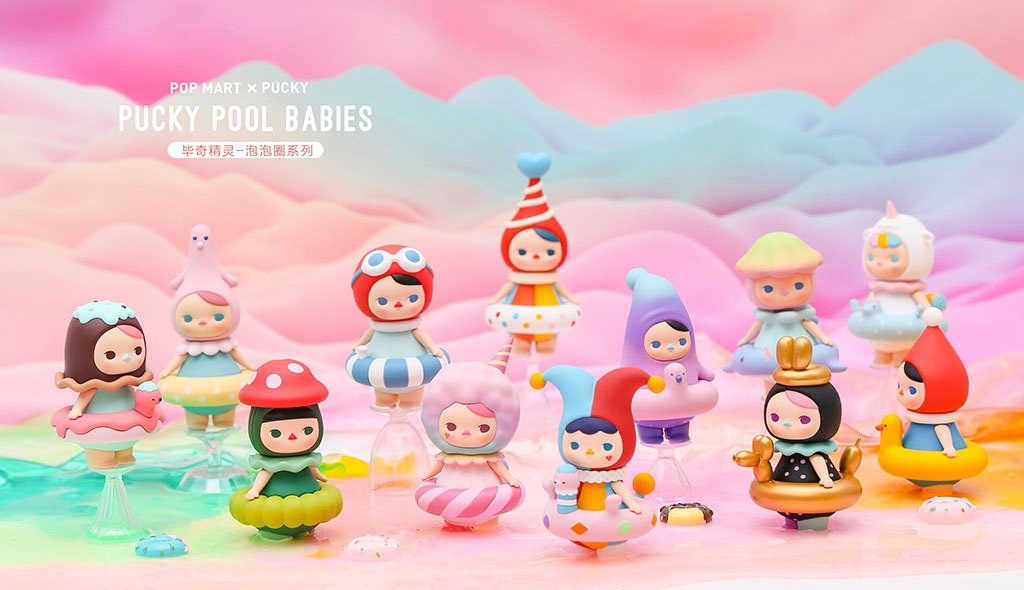
1) Let's talk about social-commerce, limitations of growth for a community and why there is no good Chinese Instagram equivalent.
In modern China, XiaoHungShu aka Little Red Book aka RED is no longer the Mao manifesto, but rather a shopping app.
In modern China, XiaoHungShu aka Little Red Book aka RED is no longer the Mao manifesto, but rather a shopping app.
2) XHS was founded by friends Miranda Qu and Charlwin Mao in 2014. Initially, it was conceived as a travel app, the founders wanted something that let them know what spots were cool and what goods to get when they're abroad
3) For context, I would say shopping abroad has been a major Chinese middle-class hobby due to:
1) Perception that foreign goods are of higher quality
2) Cheaper prices for equivalent goods relative to China as no import tax
3) Verified authenticity
1) Perception that foreign goods are of higher quality
2) Cheaper prices for equivalent goods relative to China as no import tax
3) Verified authenticity
4) XHS tapped into this desire by creating an online community where people can share details of what they brought and where. In elaborate posts with multiple accompanying pictures. Showing off your lavish life while being helpful is fun.
5) After building up a robust and lively community among mostly affluent young women, XHS moved into cross-border commerce in 2015. Now rather than just looking at the pretty items from France, you can buy them.
6) Similar to Bilibili, XHS avoided monetising via adverts to engender a high trust environment for consumers (for now, duh duh). That also means they when they monetised by selling products, consumers trusted their authenticity. Initially, they have 15% conversion purchases rate
7) It's interesting that most Chinese tech apps will want to build their e-commerce capabilities themselves. A few reasons
1) It's a defensible moat
2) There's enough traffic in Chinese e-commerce to justify the investment
3) It's a more frictionless buying experience
1) It's a defensible moat
2) There's enough traffic in Chinese e-commerce to justify the investment
3) It's a more frictionless buying experience
8) They want to own the entire funnel from discovering to purchase rather than narrow themselves to functional capabilities.
Every Chinese tech companies' core competence is to make money.
Every Chinese tech companies' core competence is to make money.
9) 2018 is the year that XHS really make the mainstream, influencers and celebrities are flocking there to share their make-up routine and beauty tips. But alongside the growth, the community is getting diluted with large influxes of people all looking for ways to make a buck.
10) Content becomes more professionalised, early creators see their traffic deprioritised for big-name late joiners. Click-baits start appearing and creators are approached by numerous upstart brands to put their product as 'organic content' on XHS
11) XHS starts getting a reputation as where fake rich women go to pretend to be fake rich. The authenticity appeal of their initial days fades. All the while, every other super-app has also incorporated photo and sharing into their own apps. Meituan has it, Ctrip has it, etc
12) In 2019 reports appeared that XHS is rampant with fraudulent reviews. Sometimes for non-licensed practitioners of beauty treatments or unproven medicinal treatments. In Sept 2019, XHS app was pulled from many android stores as the result of a government crack-down.
13) XHS is back up with a lot more moderation but it was badly bruised during the shutdown, influencers left the platform and start-ups decamped to other traffic channels. They were also relatively late to the livestreaming e-commerce game as their photo content was so good
14) That being said, XHS's sway in the aspiration millennial's mind is set. Their feed is largely driven by algorithm and is highly dynamic. Whenever I linger on a post I can be sure to find more like it as soon as I get back on the main feed.
15) I do think XHS presents an interesting example of the effect of growth on the community, a case I think about a lot for Bilibili. How do you maintain quality and avoid extractors while growing users fast? Or is that an oxymoron at scale?
I'll be doing threads like these for the rest of Jan, follow me if you want these to spam your TL.
Also, am I too shallow for wanting to get to 10k followers?
Also, am I too shallow for wanting to get to 10k followers?
• • •
Missing some Tweet in this thread? You can try to
force a refresh



